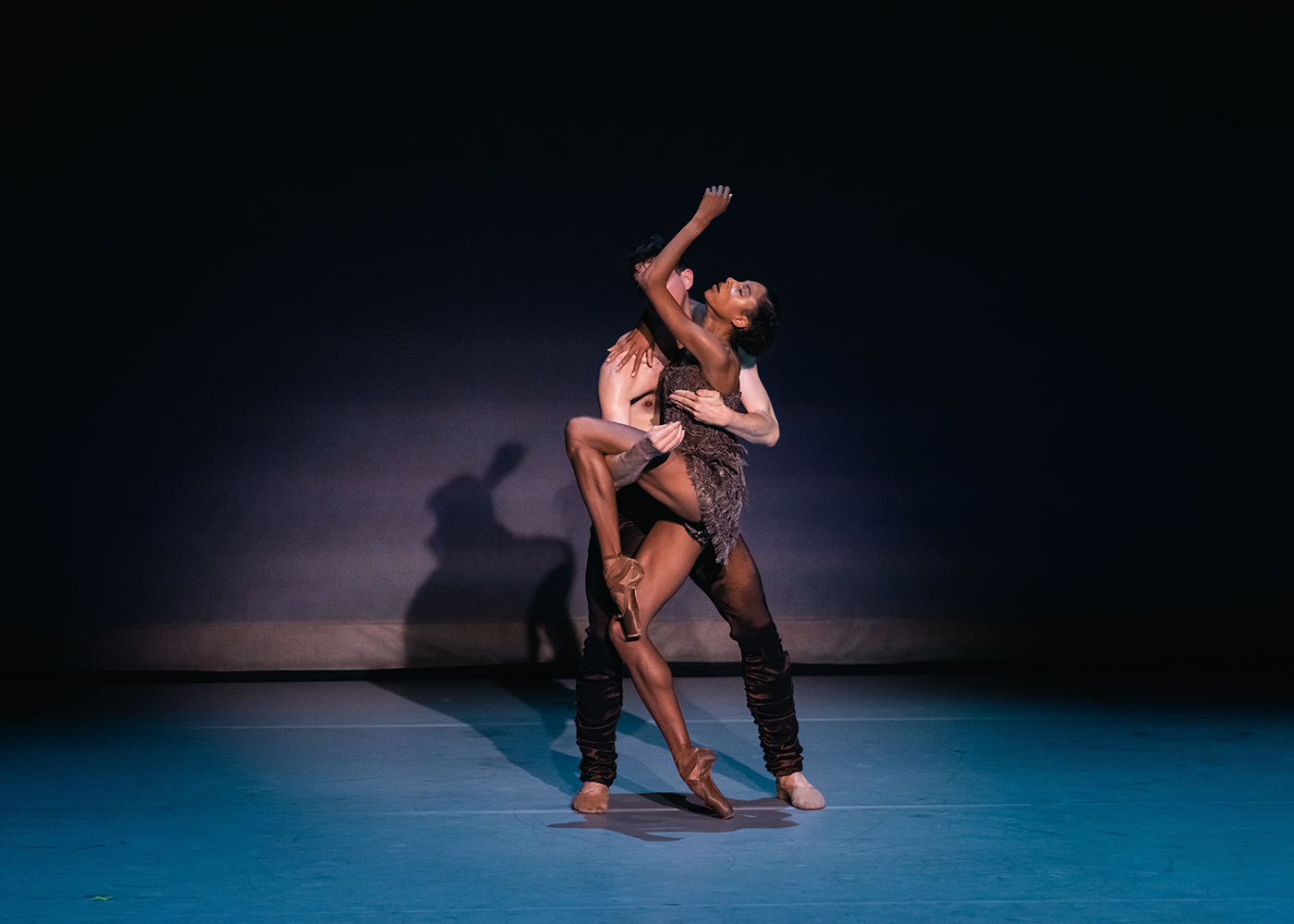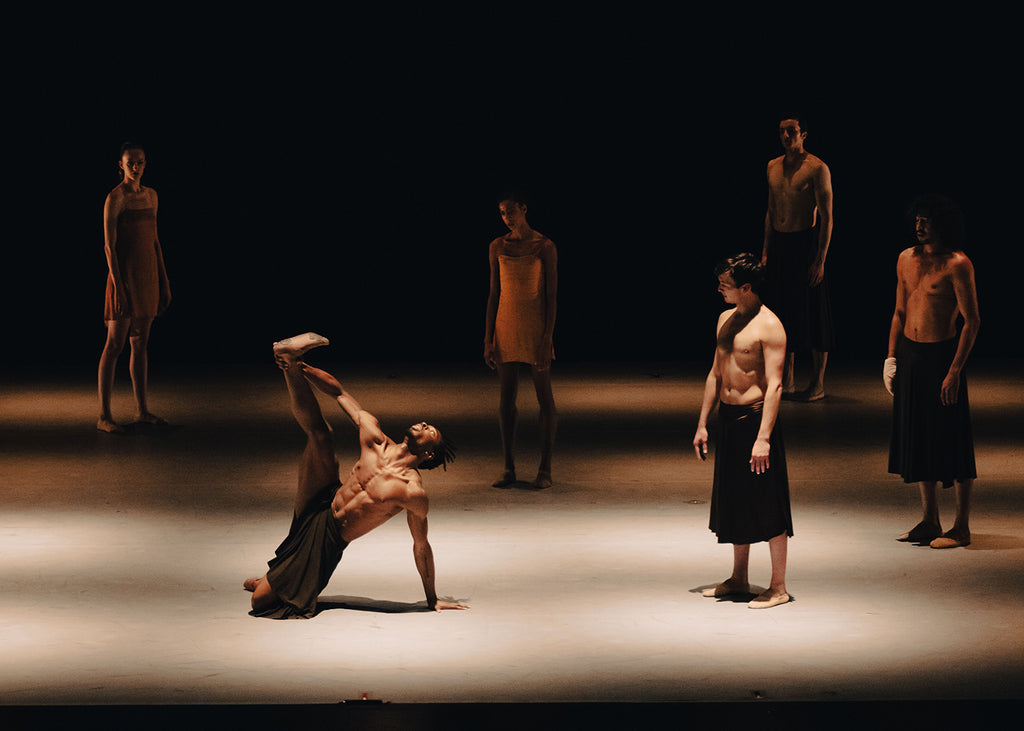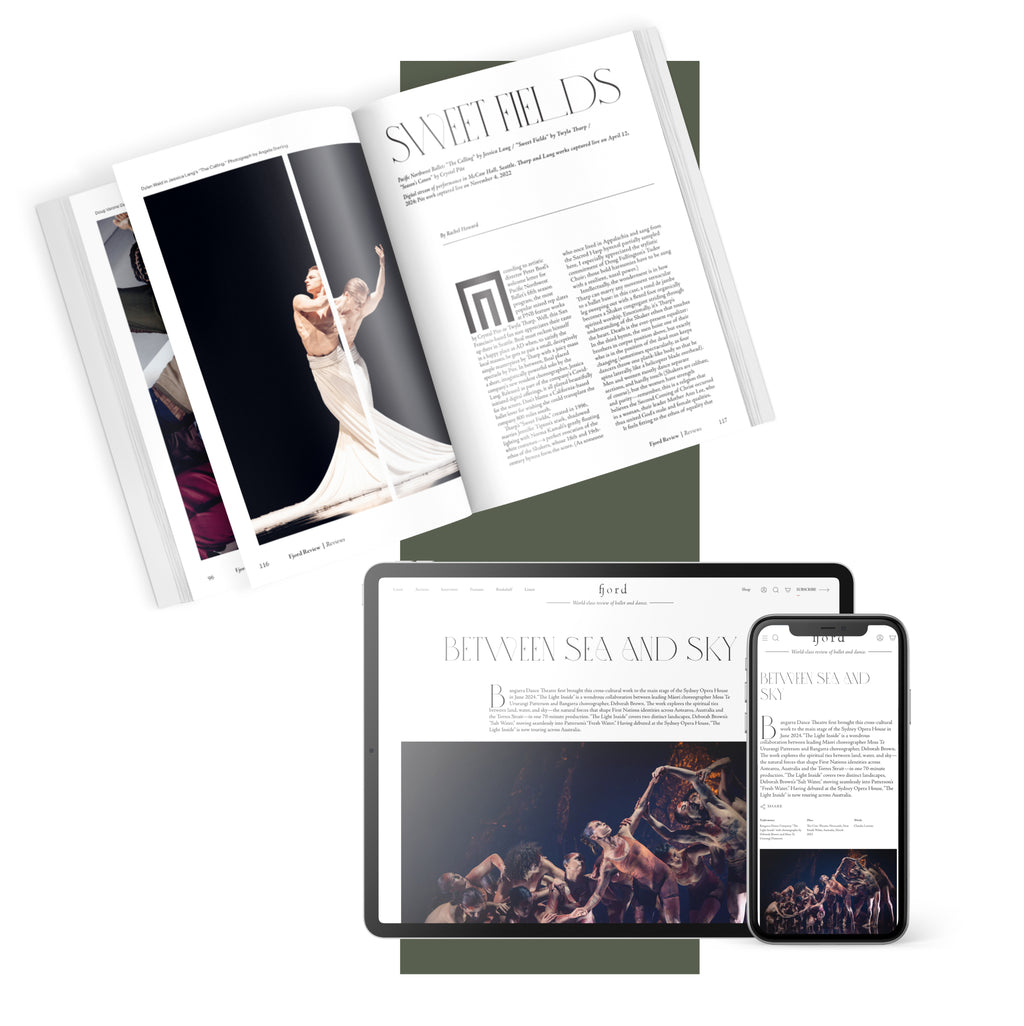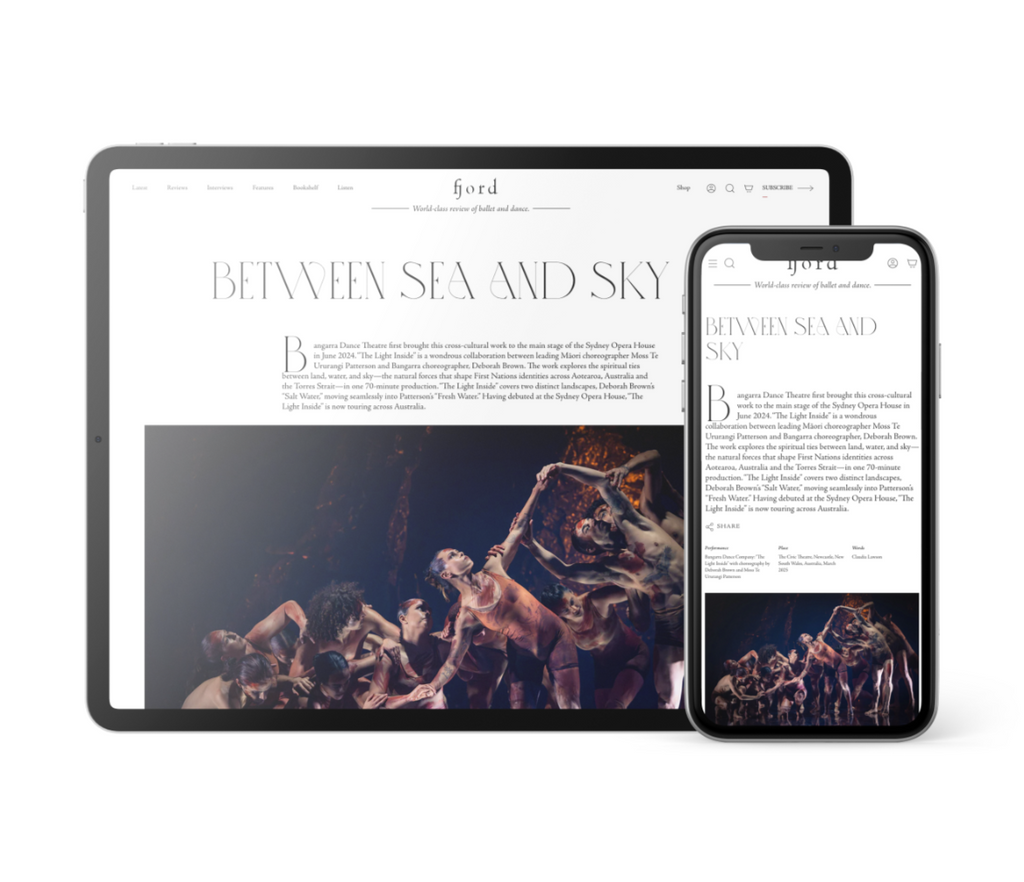Moving Stories
The first moments of Risa show the petite Risa Steinberg seated at a sleek desktop in her New York apartment.
Continue Reading
World-class review of ballet and dance.
Choreography, for many, is a mystical art, and one that needs bodies on which to create movement. So, when the pandemic forced a lockdown in 2020, Alonzo King, artistic director and co-founder of the San Francisco-based Alonzo King Lines Ballet, did what he does best, albeit under far different circumstances: He worked inside the troupe’s studios, but in confined bubbles; he sculpted his dancers’ bodies outside at Golden Gate Park; and, among other places, he fashioned forms on a farm in Arizona, all in order to build work for the company’s 40th anniversary.
Performance
Place
Words




“Uncommonly intelligent, substantial coverage.”
Your weekly source for world-class dance reviews, interviews, articles, and more.
Already a paid subscriber? Login
The first moments of Risa show the petite Risa Steinberg seated at a sleek desktop in her New York apartment.
Continue ReadingThe ballet community in Los Angeles, quite large and scattered, is fond of opining that they live in a “tough town for ballet.”
Continue ReadingDance artists and scholars have long asked the same question: how do we document an art form that, by nature, exists in one moment and is gone the next?
Continue ReadingIn a week of humanitarian crisis, of bodies mobilised and menaced, what a privilege it’s been to take refuge in art that radiates integrity, conviction and splendour.
Continue Reading
comments